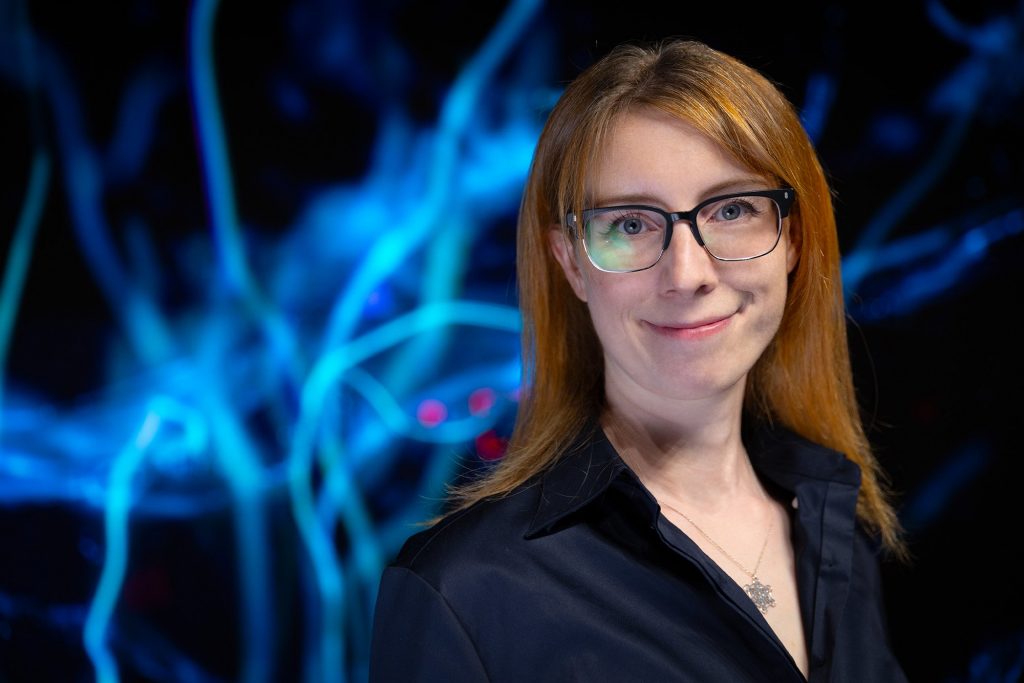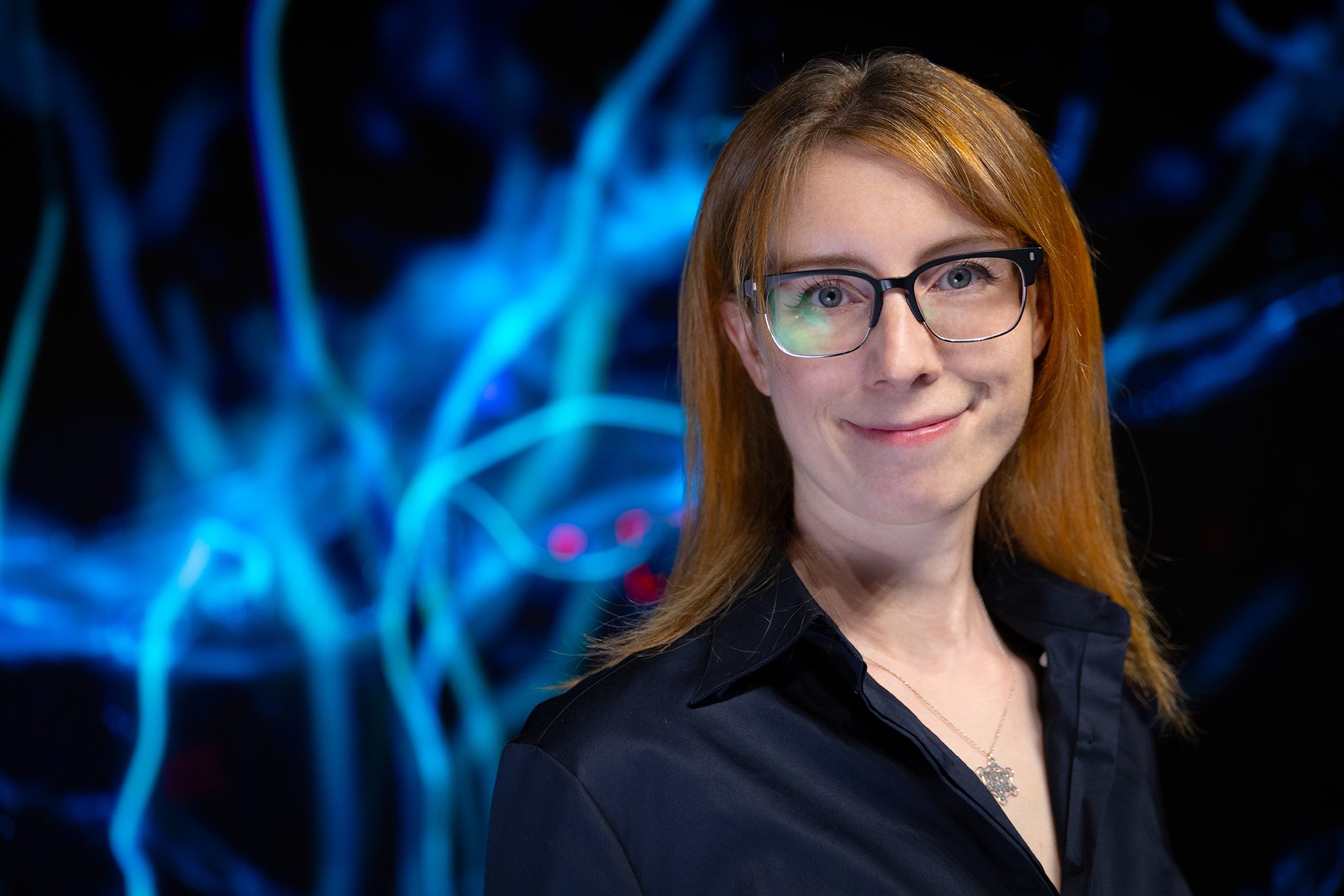As AI systems have become rapidly more powerful, there are several camps developing on just how conscious these systems are.
Nirvanic CEO Suzanne Gildert weighed in on the debate surrounding AI consciousness on a podcast. Her perspective offers a nuanced view, acknowledging the spectrum of beliefs on the topic while highlighting the potential need for a scientific breakthrough. Intriguingly, Gildert’s company, Nirvanic, is exploring the potential of quantum computing to unlock AI consciousness.

“Some people think AI is already conscious and robots are already conscious,” Gildert observed. “So a lot of people believe that. And then right at the other end of the scale, there are people that will believe it will never be conscious no matter what we do. AI and Robotics will never, never be conscious. So that’s another extreme.”
She continued, outlining two additional perspectives. “And then in the middle, I find there’s two kind of interesting camps. So there’s people that believe if we just keep building the kind of AI we’ve been building all along and make the models bigger and better and [with] more data, more training, it will emerge—it will become conscious on its own.”
Finally, Gildert explained her own position: “And then the second nuanced camp is the one I fall into, which is I think we can make AI conscious, but we need a scientific breakthrough or a new kind of technology that we don’t have yet. So making AI models just bigger and bigger will not make them conscious by default. But there are technologies we can build that will make them conscious, and the first one we’re investigating at Nirvanic is quantum computing. So there are a range of kind of viewpoints on this again, but some scientists believe that consciousness requires a quantum component and there are quantum effects in our brain. So that’s the hypothesis we’re testing first.”
Gildert is a prominent figure in artificial intelligence, robotics, and quantum computing. She is the CEO and founder of Nirvanic Consciousness Technologies, a company pioneering the field of “conscious AI.” Gildert holds a PhD in experimental quantum physics from the University of Birmingham and has an extensive background in both academic research and technology entrepreneurship. Her previous company, Kindred AI, which developed industrial-AI robotics, was acquired by Ocado for $339 million CAD, one of the largest exits for a Canadian robotics company.
Her new company, Nirvanic, has a mission is to create “agentic conscious AI” — artificial intelligence systems that are not only highly intelligent but also possess a form of inner experience or awareness. The company is exploring the quantum basis of consciousness, with the goal of developing AI that is self-aware, trustworthy, intuitive, creative, and empathetic.
Gildert’s comments arrive amidst increasing public discourse on the capabilities and potential risks of advanced AI. While some, like Google engineer Blake Lemoine in 2022, have claimed existing large language models exhibit sentience, the scientific community largely remains skeptical. Others like Joscha Bach say that it will be hard to tell when LLMs become conscious, while David Chalmers says that it can’t be ruled out that current LLMs are conscious. Gildert’s viewpoint suggests that even if current AI isn’t conscious, the possibility remains open, but likely hinges on further scientific discovery rather than simply scaling existing models.
